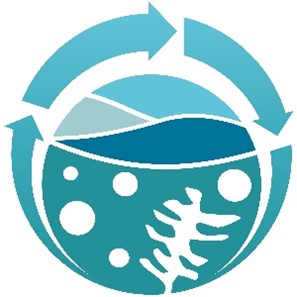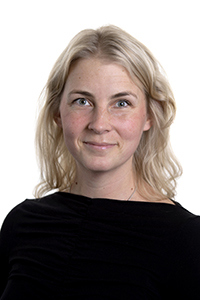LOCALITY
Start date: 2023-06-01
End date: 2027-06-01
As one of the leading waste emitters globally in 2020, the European Union faces challenges. Overconsumption burdens the planet by causing loss of biodiversity and amplifies climate change with its negative consequences. To ensure the long-term well-being of the planet, a transition from linear to circular business models is required. This is urgent and necessary to provide sustainable goods supply while not exceeding the planet's boundaries and maintaining global justice. By using industrial side streams and wastewaters as nutrient sources for microalgae, opportunities can be created to restore Europe's seas from the negative effects that domestic and industrial wastewater management contributes to. Algae in circular ecosystems can be a step in the right direction towards a carbon-neutral Europe.
The main objective of the LOCALITY project is to develop circular and sustainable value chains by connecting key industrial actors to stimulate collaboration and introduce new and innovative products based on algae to regional and global markets, while protecting and restoring Europe's aquatic ecosystems.
In LOCALITY, 27 partners from 14 different countries will collaborate to create three regional ecosystems, strategically located in countries bordering the Baltic and North Seas. The focus is on improving circularity and sustainability by reusing nutrients from various industries for algae cultivation. The collaboration between research and development partners and small and medium-sized enterprises from the industry aims to develop innovative and sustainable algae-based products. Consumer readiness will be evaluated, and the business model will be adapted for successful market implementation. A comprehensive dissemination and communication plan will ensure the products' position in the European market. An important part for the project partners is to build on previous experiences within the consortium to achieve the project's goals.
The University of Borås collaborates in the project with the Swedish company MOUNID AB to replace fossil-based chemistry with algae-based ingredients in the textile industry. Together, sustainable functionalization processes for textile applications are created. The focus for the textile innovations in the project will be to:
- Develop formulations for dyeing textiles with algae-based pigments.
- Ensure color fastness of dyed material over time.
- Develop resource-efficient dyeing methods for industrial processes.
- Create two different innovative product prototypes for dyeing and antimicrobial functionalization.
- Conduct a literature review to increase knowledge about the opportunities and risks of introducing algae-based ingredients into textile manufacturing processes.




